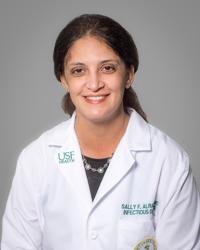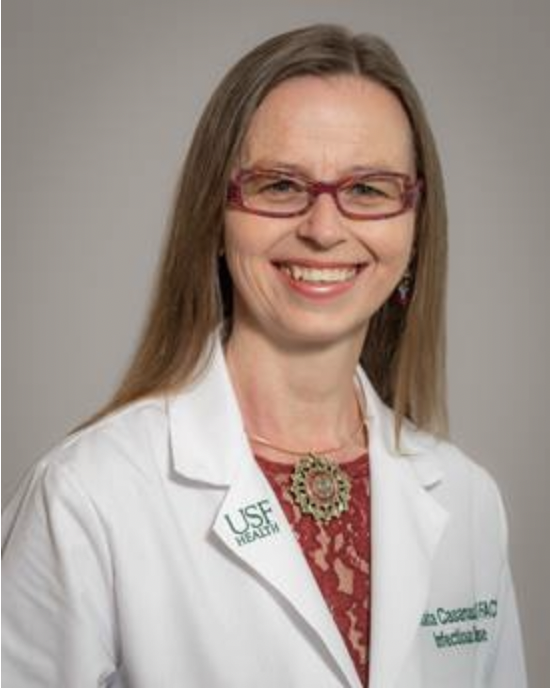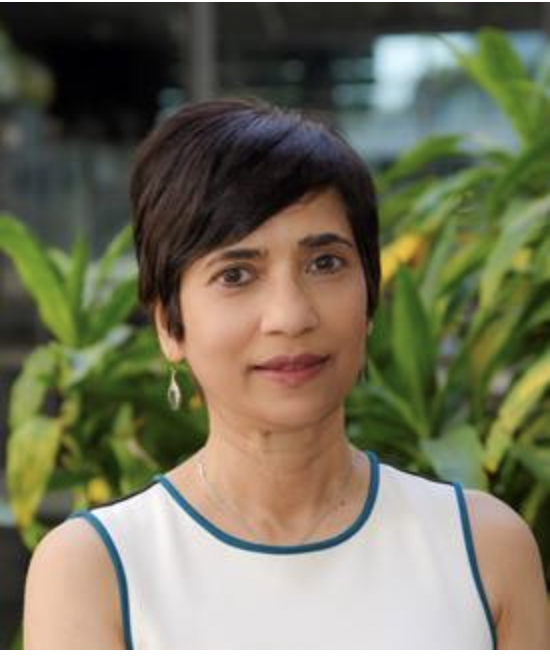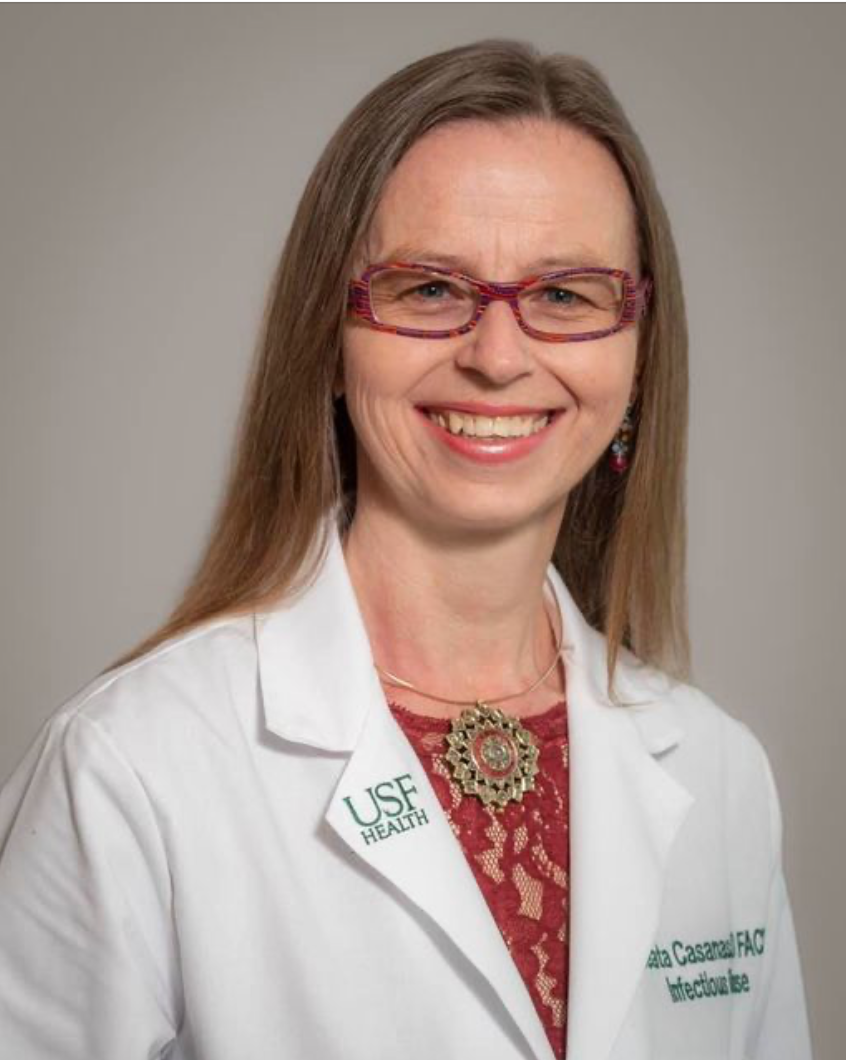
Timothy P. Gauthier, Pharm.D., BCPS, BCIDP; Editor-In-Chief IDstewardship.com and LearnAntibiotics.com
If you are reading this blog post then you probably know what antimicrobial stewardship is and you know what infectious diseases (ID) is. Given the character limit of social media platforms, these terms can be merged together to form IDstewardship, but hopefully you figured that out already!
IDstewardship started as an Instagram account (@IDstewardship) in 2016 and then grew to having a presence on multiple social media platforms (Twitter/X, Facebook, etc), a multi-faceted website (www.IDstewardship.com), a 24/7 antibiotic study resource website (www.LearnAntibiotics.com), co-hosting regular Twitter/X chats about ID/stewardship (@ASP_chat), a ~ monthly newsletter, and a workbook of study resources (available on Amazon as Learn Antibiotics, First Edition).
In this article I will discuss some of the areas in which the IDstewardship brand has become engaged, and attempt to provide analytics data along the way. On one hand this is a way for people to learn about IDstewardship. On the other hand this is a way to learn about communicating on stewardship as a whole.
Since launch in May 2016 and up through October 2023 the site has registered >5.7 million page views from >3 million visitors across 213 countries. There have been over 100 healthcare expert contributors to content development (mostly articles), the majority of whom have been infectious diseases pharmacists. The website is owned under an LLC and is hosted on WordPress.
The website has a few sections, which are:
Articles: This is divided into sections as follows:
-
- Residency & Training: Focuses on topics relevant to trainees in the field of infectious diseases pharmacotherapy and clinical pharmacy in general
- Infectious Diseases & Antimicrobial Stewardship: Hosts a myriad of ID/stewardship topics from basic to advanced content. This section also includes a really fun sub-section of antimicrobial stewardship across the globe where infectious diseases pharmacists provide information about stewardship in their countries (13 countries interviewed to date).
- Reality Check: Expert pharmacists and others write reflective pieces about their specialty area of practice or experience in a ‘reality versus expectation’ format, meant to help readers learn more about areas of pharmacy practice.
- Healthcare At Large: This is a potpourri of content that happened to catch my interest. Content ranges from a list of medication inspired names for your pet to an antibiotic emoji puzzle game to new years resolutions for pharmacists.
- COVID-19: Thank god there has not been such a need to add much content to this area recently, but there are some good pages there.
Learn Antibiotics: Links to the website www.LearnAntibiotics.com. Read more about it below.
Study Guide: Provides key points, resources and photos for over 120 anti-infective drugs. Meant to be an open-access resource for anyone studying for pharmacotherapy exams, but useful for many others too.
Resources: A listing of resources for antimicrobial stewardship, including links to institutional ASP websites, practice-based resources for ASP, ASP activities for kids, ASP training opportunities, relevant organizations/groups, important guidelines/documents, and more.
Q&A: Clinical and non-clinical questions often asked to infectious diseases pharmacists, answered by infectious disease pharmacists. The most popular one to date is about which oral 3rd generation cephalosporin is best.
ASP Chat: Organized by Brad Langford (Canadian ASP pharmacist) and myself, we have hosted about 70 chats since December 2016. Co-hosts have included SHEA, ACCP ID PRN, SERGE-45, Firstline, biomerieux, VAstewie, and others. It’s managed through @ASP_chat on X/Twitter. To date the chats have registered many millions of impressions and have served as a platform for idea/resource sharing.
“Learn Antibiotics” is easier to remember than training.idstewardship.com, so we made it so www.LearnAntibiotics.com goes to our training site which is training.idstewardship.com which is a subdomain of IDstewardship.com. My goal has been to add at least one thing to the site every month and over the last few years this has ballooned into a lot of easy-access content. The focus here is information that is clinically relevant and/or likely to be on an assessment.
There have been around 2000 members with LearnAntibiotics.com and there are currently several hundred active members. Many people find it helpful for a few years and then move on once they have a better handle on the content. It is used a lot by pharmacy students and pharmacy residents, but also for studying for board exams and by non-pharmacy professionals.
This is a unique resource which is not trying to replace something that already exists. The feedback on this site has been tremendously positive and I rarely get complaints. I think having quick resources that are accessible 24/7/365 is a really big plus. My biggest challenge is unauthorized sharing of content.
There are memberships that include different access and there is a student membership that has a selection of content for early-learners. Some of the content offered includes:
Cheat Sheets: 1-page cheat sheets on various topics such as antibiotic classes, disease states, and biostatistics
Practice Tests: Provided in several formats, practice tests are good for learning antibiotic names or acquiring key knowledge about common antibiotics.
Games: This section has crossword puzzles, word searches, ID LIBS, word scrambles, and tic tac toe games.
Rotation Resources: Patient monitoring forms, renal dosing assessment worksheet, IV to PO review worksheet, and more.
Fill In The Blanks: Memorization sheets to help learn things like all the drugs that cover MRSA, drugs of choice, and antibiotic resistance principles.
LearnAntibiotics.com memberships range from $74.99 to $199.99 per year. This is the primary funding source for IDstewardship as a whole.
@IDSTEWARDSHIP ON SOCIAL MEDIA
Instagram: The goal has been to teach people about antibiotics via Instagram and that has evolved a lot over the years. Currently the @IDstewardship account has 36K followers. Instagram has changed a lot over the years and I post a lot of stories because those tend to have the best reach lately. We do regular posts periodically as well, commonly using memes to emphasize key points. In the last month the account has reached 23K accounts, and this has not been a super active time period for me.
Twitter/X: This platform took off during COVID and then has really cooled off since Musk came around. Currently the @IDstewardship account has 36K followers. This platform has been used more for sharing emerging literature and discussing antimicrobial stewardship at large. I rarely tweet anything that is not related to IDstewardship. Twitter analytics has gotten a bit strange lately, but it says the account has >220K impressions in the last month.
Facebook: Facebook has dramatically reduced the reach of pages over the years, so I cross-post from Instagram to Facebook, but don’t post on Facebook as much as years previous. The @IDstewardship account on Facebook has over 20K followers.
IDstewardship can be found on other social media platforms, but these are the 3 where I have the most presence. Social media has helped extend the reach of the original content from IDstewardship and also to help promote other great work to a community people interested in IDstewardship.
Other – Newsletter
On the topic of reaching the audience, IDstewardship has a mailing list through Mailchimp which has around 25K subscribers and the most recent monthly newsletter had an open rate of over 50%. This is an important way I reach the audience, but it’s very expensive. Mailchimp currently costs $265 per month. Without the memberships from LearnAntibiotics, I couldn’t sustain the newsletter.
Growth on social media and for the newsletter has been steady and continues. It has gotten more overwhelming to keep track of the little details as these platforms never sleep and use sophisticated AI to manipulate content producers like myself.
LEARN ANTIBIOTICS WORKBOOK
Released in December 2022 and available on Amazon for $49.99 in many countries now, Learn Antibiotics First Edition has sold over 2,000 copies worldwide, reaching all continents across the globe (except Antarctica as far as I know at least). The workbook is designed for all learners and teachers of infectious diseases and is a selection of content available from LearnAntibiotics.com. It was peer-reviewed independently by two board-certified infectious diseases pharmacists.
I did not anticipate the book would be of such interest, but it turns out people really enjoy having a hard copy of the work. I think having it on Amazon makes it easy to purchase and that helps a lot, as they print and ship it as purchases are made. It’s all done through Kindle Direct Publishing (KDP).
CLOSING COMMENTS
It has been a lot of fun to create IDstewardship and then work with so many talented people to develop content for the websites and book. I’ve been taken aback by the worldwide audience who is interested in the content I collaboratively produce and share. The reach of the platforms and accounts is very difficult to quantify, but there is no doubt that it has been helpful for hundreds of thousands (if not millions) of people.
The biggest thing on the horizon for IDstewardship is to develop a book of games for helping to learn about antimicrobial drugs. Beyond that, managing the existing components is another goal. Although I will need to be very strategic about the work having a full time job, two young children, and being professionally engaged.
Overall IDstewardship has been a lot of work but also a blessing. I am so grateful to all the people who have helped keep it going over the years and contributed to the work or shared it with a friend.
Timothy P. Gauthier, Pharm.D., BCPS, BCIDP
Infectious Diseases & Antimicrobial Stewardship Pharmacist
Editor-In-Chief www.IDstewardship.com & www.LearnAntibiotics.com
Social media: @IDstewardship
Miami, FL, USA
 Christian Brèchot, MD, PhD
Christian Brèchot, MD, PhD



